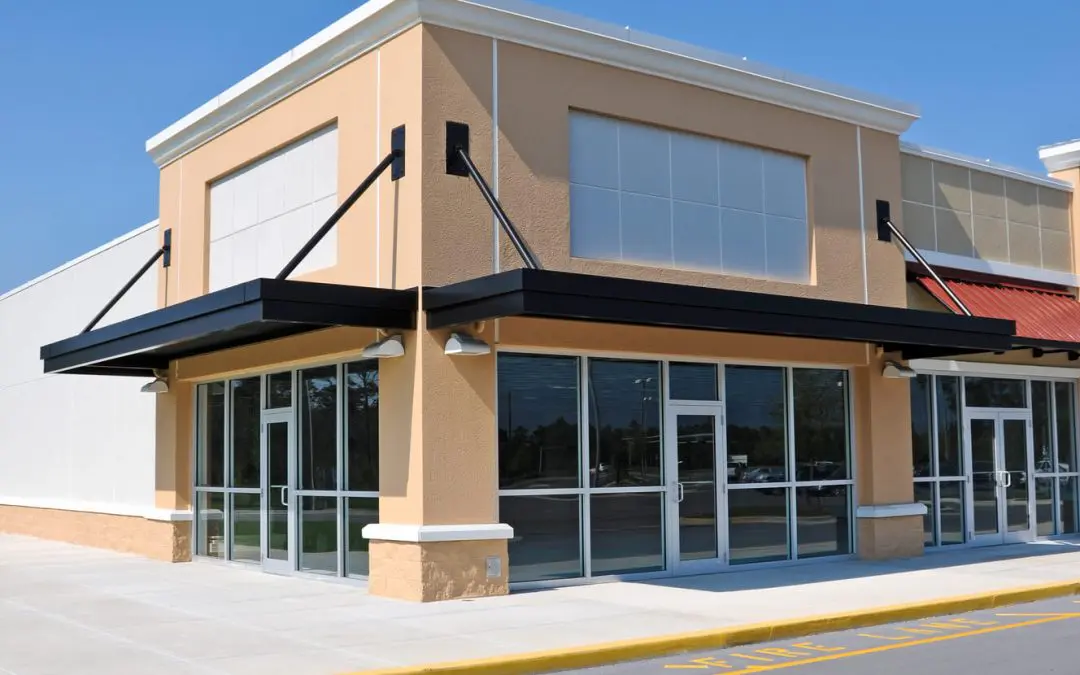When it comes to investing in or managing a commercial property, knowledge is power. Whether you’re a seasoned investor, a first-time business owner, or someone expanding a portfolio, one essential step stands above the rest: a commercial building inspection. It’s a safeguard that provides clarity, uncovers hidden risks, and supports sound financial decisions.
What is a Commercial Building Inspection?
A commercial building inspection is a detailed assessment of a property’s overall condition, systems, and safety. Unlike a quick walkthrough, this process involves a trained inspector carefully evaluating the building’s structure, electrical, plumbing, HVAC systems, roofing, and more. The goal is to identify potential problems, from minor maintenance issues to major concerns that could impact safety, functionality, or financial value. This step guarantees the building will support daily operations and provides transparency about whether the property is a wise investment.
Why a Commercial Building Inspection Protects Your Bottom Line
Buying a commercial property often involves a significant financial commitment. Without a proper commercial building inspection, you could inherit costly repairs, safety hazards, or compliance issues that weren’t visible at first glance. For instance, an aging roof may appear fine from the ground but require a full replacement within a year, costing tens of thousands of dollars. Similarly, outdated electrical systems may not meet today’s safety codes, posing a liability risk. By uncovering these issues before contracts are signed, you may negotiate repairs, budget appropriately, or even walk away from a deal that isn’t worth the risk.
Helping You Minimize Risk
Every investment carries a level of risk, but smart investors look for ways to minimize it. A commercial building inspection is one of the strongest tools available for risk management. It highlights existing problems and identifies future maintenance needs. This foresight protects both financial stability and business continuity, guaranteeing there are no surprises after you’ve already committed resources.
How a Commercial Building Inspection Helps with Negotiations
One of the most valuable outcomes of a commercial building inspection is leverage during negotiations. The detailed inspection report becomes a powerful tool, allowing buyers or tenants to request repairs, seek price adjustments, or guarantee that the seller addresses concerns before closing. For investors, this could mean saving thousands of dollars or securing terms that align better with long-term profitability goals. Even if you decide to proceed with no changes, you do so with eyes wide open, fully aware of the property’s condition.
Compliance and Safety Benefits
Beyond financial considerations, a commercial inspection is critical for safety and compliance. Commercial properties must meet local building codes, zoning laws, and safety regulations. An inspector will evaluate if the property aligns with these standards, reducing the risk of fines, lawsuits, or costly upgrades later. For business owners, this peace of mind is invaluable; employees and customers alike deserve a safe environment. For investors, compliance means the property retains value and avoids legal entanglements.
Choosing the Right Inspector for Your Commercial Building Inspection
Choosing a qualified, experienced inspector is important to getting the most out of your commercial building inspection. Look for professionals specializing in commercial properties, as their expertise goes beyond the basics of residential structures. An inspector with commercial inspection certifications and proven knowledge of large-scale systems, roofing, fire safety, and ADA compliance will provide a far more comprehensive picture of the building. Investing in the right inspection partner is an investment in your own success.
FAQs
Why is a commercial inspection different from a residential inspection?
Commercial properties often have larger, more complex systems than homes. Inspectors must evaluate factors such as HVAC systems designed for large spaces, compliance with ADA requirements, and fire safety standards, which exceed what’s typically required in residential inspections.
When should I schedule a commercial inspection?
It’s best to schedule a commercial building inspection before finalizing a purchase, lease, or major renovation. This ensures that you fully understand the property’s condition before making binding financial commitments.
How long does a commercial building inspection take?
The time varies depending on the property size and complexity. A small retail space might take a few hours, while larger industrial or office buildings could require a full day or more.
What happens after the inspection?
You’ll receive a detailed report outlining findings, including current issues, safety concerns, and projected maintenance needs. This report becomes an important tool for negotiations, planning, and long-term management of the property.
Professional Inspection Network provides commercial inspections in Southern California. Contact us to request our services.

